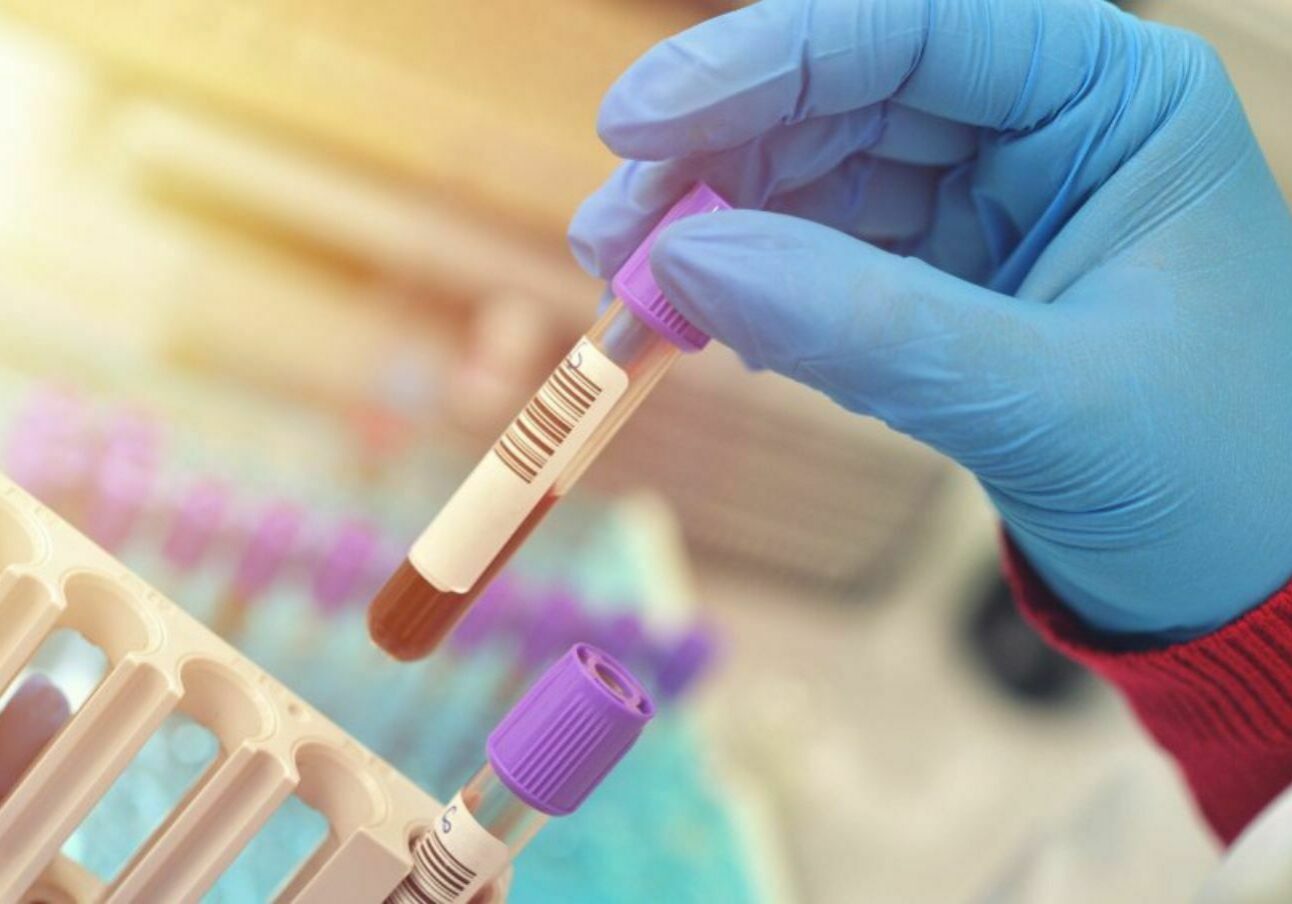
About Immune Deficiency
If you have an infection that just keeps coming back, you may have an immune deficiency problem. Also called “primary immunodeficiency,” this condition means that a defect exists in one or more of the body’s normal immune system functions. The immune system is either absent or hampered in its ability to function, saddling patients with a higher susceptibility to infections than is normal for unaffected individuals.
An immune deficiency affects upwards of 1 million Americans and 10 million people worldwide, according to statistics compiled by the American Academy of Allergy, Asthma and Immunology. It essentially leaves a patient unprotected from certain infections. To date, there are approximately 150 known primary immunodeficiency diseases (called PIDDs). Each is caused by an abnormality in the cells or proteins of the immune system including B-cells that produce protective antibodies; T-cells that coordinate the immune system’s responses to invaders; and infection-fighting white blood cells (leukocytes). However, the precise genetic defect that causes these abnormalities are known for only a few immune deficiency diseases.
Immune Deficiency
Symptoms:
Signs of an immune deficiency may include:
- reoccurring
- persistent
- unusually severe infections of the skin
- sinuses throat, ears, lungs, or urinary or intestinal tracts
Those with immune deficiency problems typically require much longer courses of antibiotics to successfully treat a particular infection than is required by patients with normally functioning immune systems. If you experience eight or more new infections or the same infection (especially pneumonia) twice or more in one year; fail to respond to antibiotics after two months; require intravenous antibiotics to clear an infection; or have a recurrent deep skin or organ abscess you should see an immunologist – particularly if you have a family history of immune deficiency problems, confirmed or suspected. Infants who fail to hit normal weight gain milestones or who have reoccurring infections should be closely watched for possible immune deficiencies.
Immune Deficiency
Treatments:
In order to determine whether you may have an immune deficiency, your allergist or immunologist (a healthcare professional who specializes in the immune system) will thoroughly review your family’s medical history and may order a physical exams, blood tests or vaccines developed to test the immune response. Immune deficiency treatment options may include antibody replacement therapy, often called IVIG therapy. This involves an infusion of antibodies to essentially replace the antibodies that your body fails to produce. Bone marrow transplantation, stem cell transplantation and gene therapy also are options for serious immune deficiency conditions.
If you exhibit any of the warning signs for immune deficiency, contact Allergy & Asthma Specialists of North Florida to schedule an appointment today. You’ll find conveniently located Jacksonville, FL area allergy and asthma offices on St John's Bluff, on Dunn Ave., on San Jose in Mandarin and in Orange Park in nearby Clay County. We can help diagnose and manage your immune deficiency problems.


